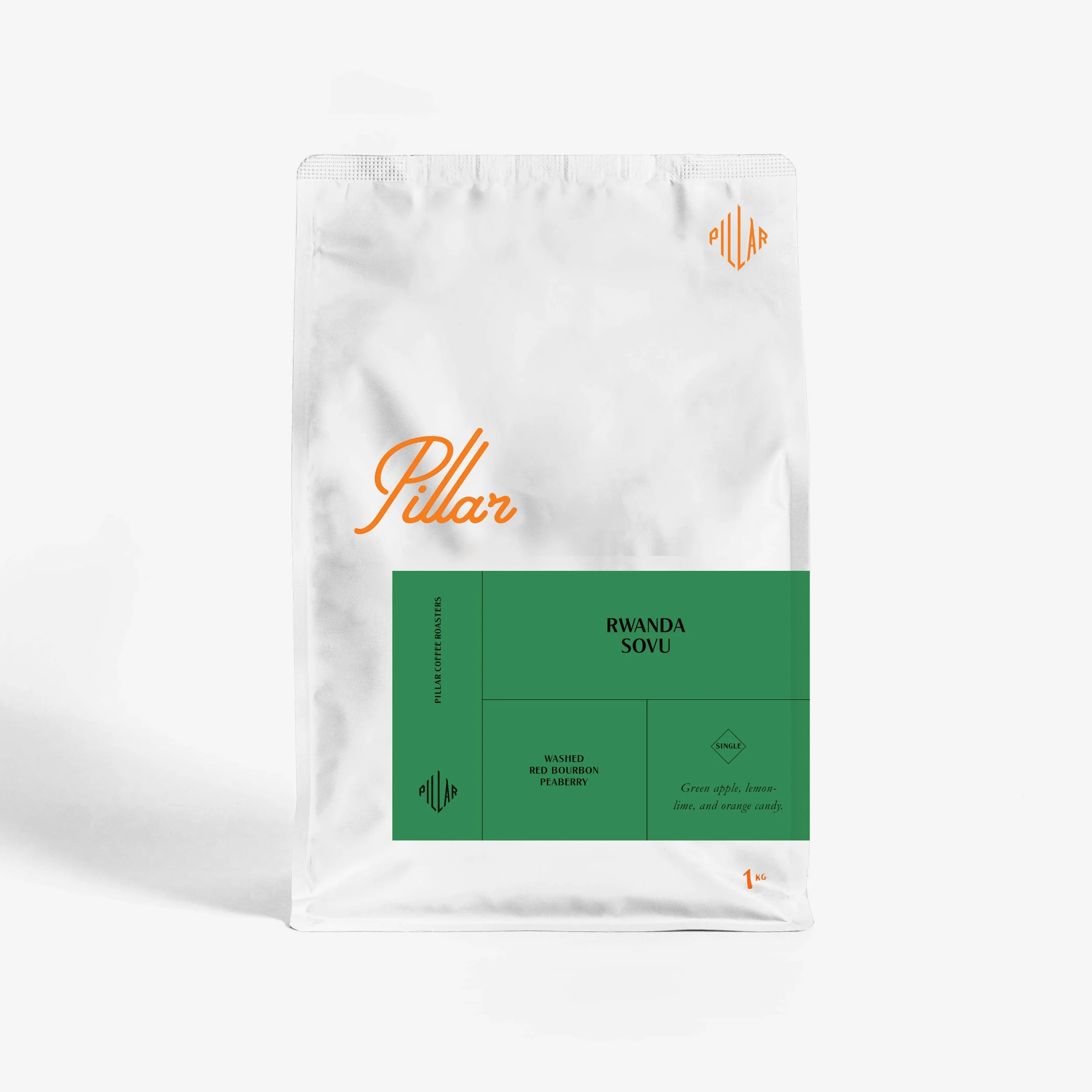Ethiopia Aricha - Filter


Ethiopia Aricha - Filter
Ethiopia
Aricha Washing Station
Edido Village
Yirgacheffe
1850-1880masl
Heirloom varieties
Washed
Melon, golden raisin, and jasmine florals
In the cup: Perfumey florals, jasmine, bergamot and citrus fruits sparkle, complemented by gentle melon and apricot. Aricha is balanced with a light body and a sweet golden raisin finish.
The journey: The first step in ensuring consistency of quality is stringent selective picking. Next, the coffee cherry is floated (for any defects not detectable by the naked eye) and de-puled on the same day. The coffee seed is then lightly fermented in open-air tanks for 8-12 hours before being washed in water channels to remove mucilage. The clean coffee seed is then spread out evenly on raised beds and dried until desired moisture levels are achieved--determined by the weather, this takes anywhere from five to fifteen days.
Yigacheffe: Iconic but ever-changing: The Yirgacheffe region is renowned for big blueberry flavours, but as we're sure you'll discover in Yigacheffe, no one rule fits all. Thick, plentiful vegetation, a warm tropical climate and moderate wet and dry seasons connect the small producers of Yirgacheffe. But with this being said, the greater region comprises a multitude of special and unique microregions. As traceability and direct sourcing have increased, we see more unique and complex coffee profiles standing out among the crowd. Small producers are cultivating and controlling micro-lots, with less being lost in the sea of larger washing stations and more making its way to us as undiluted single microregion lots.
"The birthplace of coffee": The preceding phrase gets used a lot, and although it sounds pretty self-explanatory, there is more to it than just a championship-style belt or tagline. While Ethiopia indeed exports a lot of coffee, which it has in common with many coffee nations worldwide, it hasn't taken trees from elsewhere nor cultivated them as 'cash crops' as in many other parts of the world. We can see the implications of this with particularly striking contrasts.
Usually, when we think of coffee farms, we generally think of vast, organised coffee plantations stretching as far as the eye can see. But going back to the birthplace of coffee, we see coffee's humble origins and place in domestic life. Most Ethiopian farmers are smallholder sustenance farmers, often owning less than one hectare of land. It would be more accurate to describe these farms as 'coffee gardens' with plants thriving in intercropped wild and biodiverse forest gardens.
So this title, 'the birthplace of coffee', clearly isn't hollow--Growing, processing and drinking coffee has been a part of everyday life in Ethiopia for centuries. It carries cultural significance, history and traditions for Ethiopia and its people.









